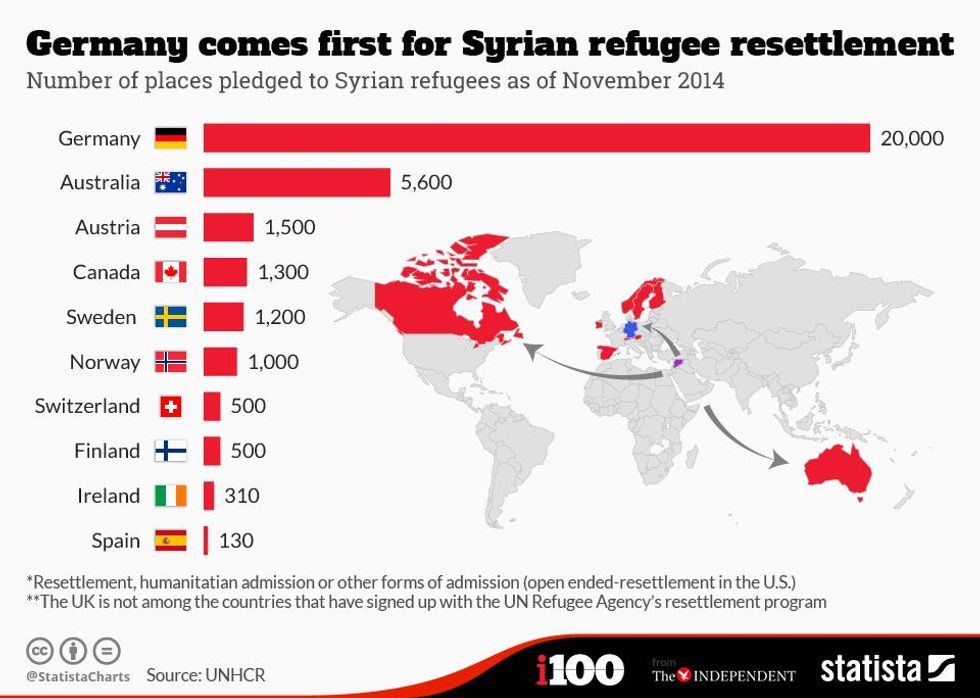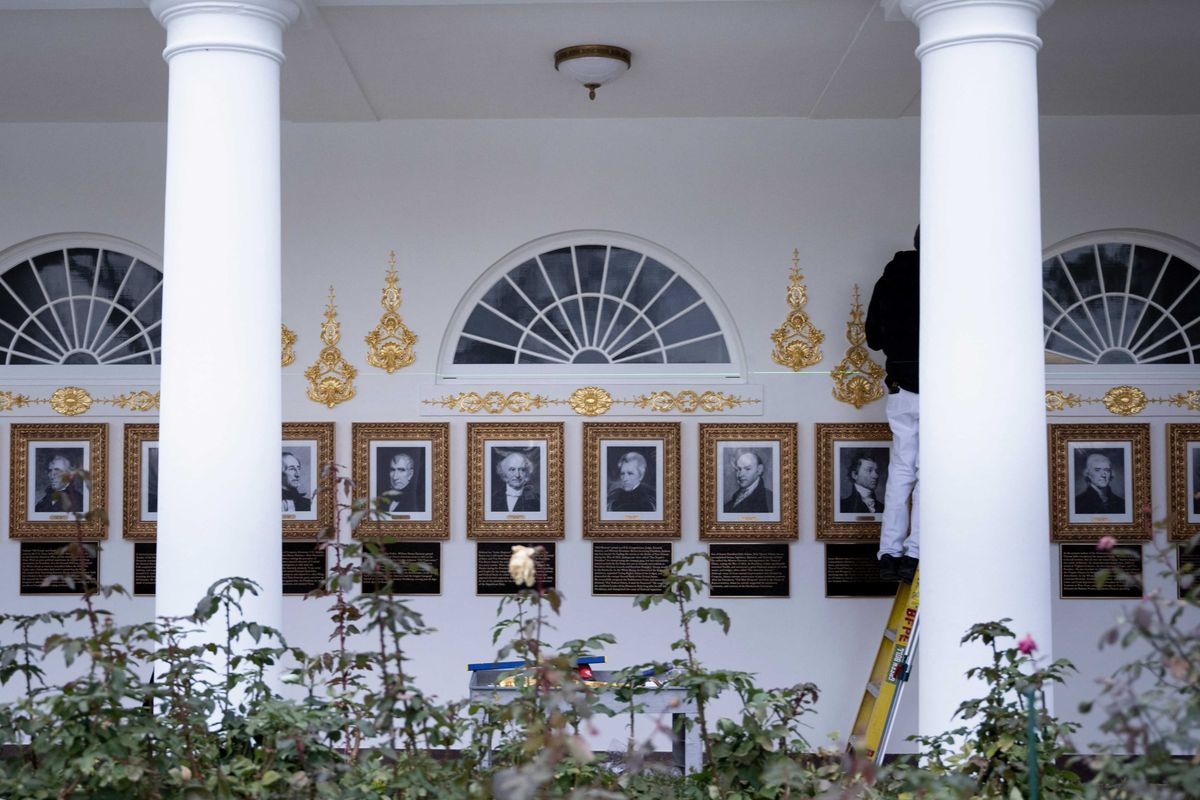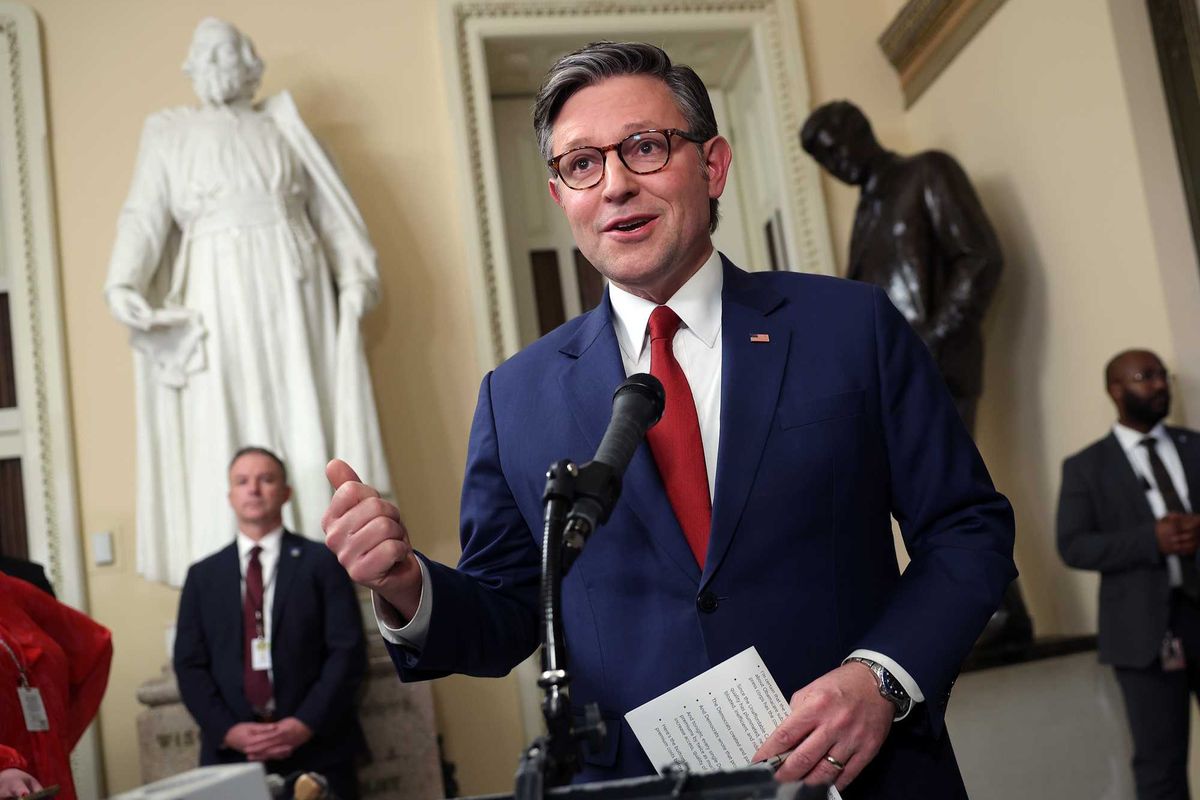News
Dina Rickman
Jan 29, 2015
A year ago today, the government pledged that the UK would provide refuge to "the most vulnerable" Syrian refugees as part of a specialist scheme.
Prime minister David Cameron told the Commons the UK would act with "urgency" to address the crisis, while Theresa May told MPs "we expect several hundred" people forced from their homes by the country's civil war to settle in Britain under the scheme.
The announcement was headed-up by deputy prime minister Nick Clegg who said he anticipated "several hundreds" of refugees to settle in Britain.
"We'll be working with the United Nations to identify those most vulnerable refugees who we can provide refuge for in the United Kingdom," he told the BBC.
We're looking for those most vulnerable refugees particularly women, particularly girls, particularly children, particularly those victims who on top of all the other traumas of this horrific conflict have been subject to unspeakable sexual violence as well.
- Nick Clegg
Twelve months on Home Office minister James Brokenshire has said just 90 Syrian refugees have settled in Britain under the scheme. The latest Home Office figures, meanwhile, show Britain received 1,802 applications for asylum from Syrians between September 2013-2014.
And this is how the rest of the world is doing in terms of refugee resettlement pledges:
The Syrian conflict began in 2011 and the latest UNHCR figures show there are currently 3,725,685 registered refugees from the country. Within Syria there are an estimated 7.6 million people displaced, while more than 200,000 people have been killed.
A spokesman for Nick Clegg told i100.co.uk: "The Vulnerable Persons Relocation Scheme was always to be based on need - it would be pointless to set a quota before we knew how many vulnerable people would need help. We do expect the numbers to continue to rise, but we are not setting any targets."
It certainly puts raising tuition fees, re-organising the NHS and failing to pay down the deficit into perspective.
More: The story behind the first refugee camp on Twitter
HT Caabu
Top 100
The Conversation (0)














